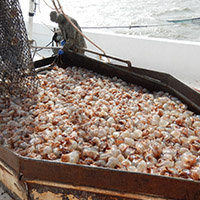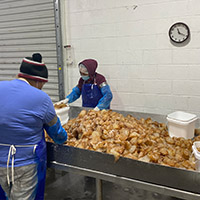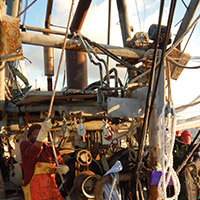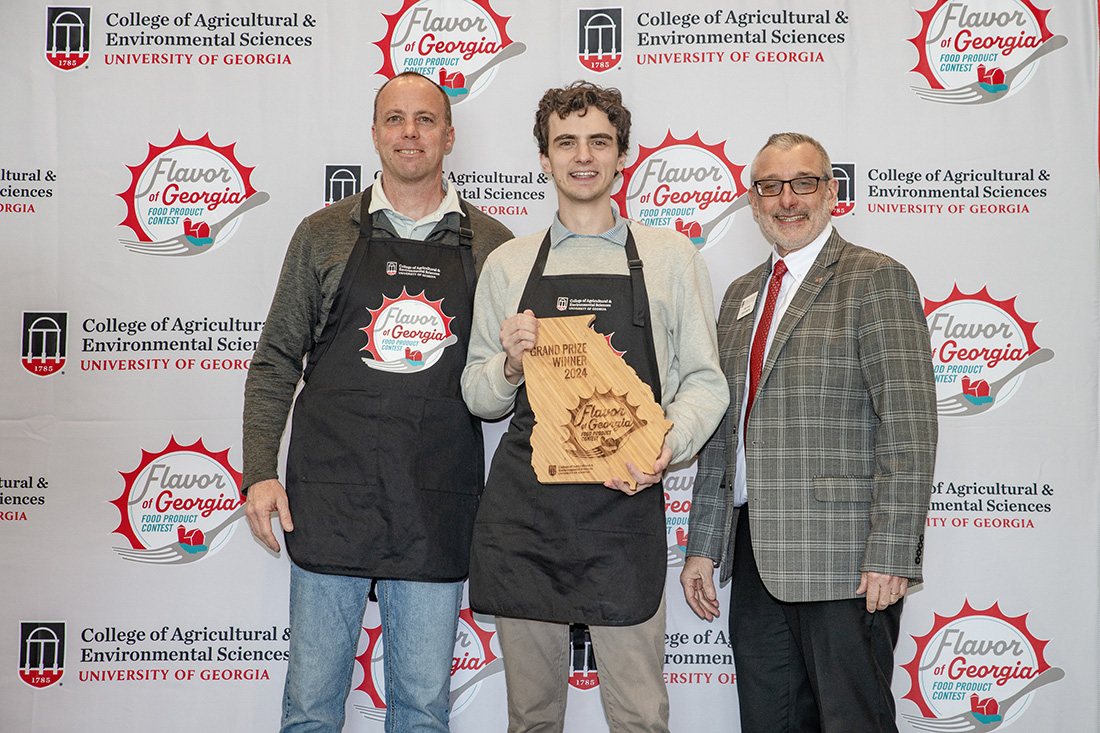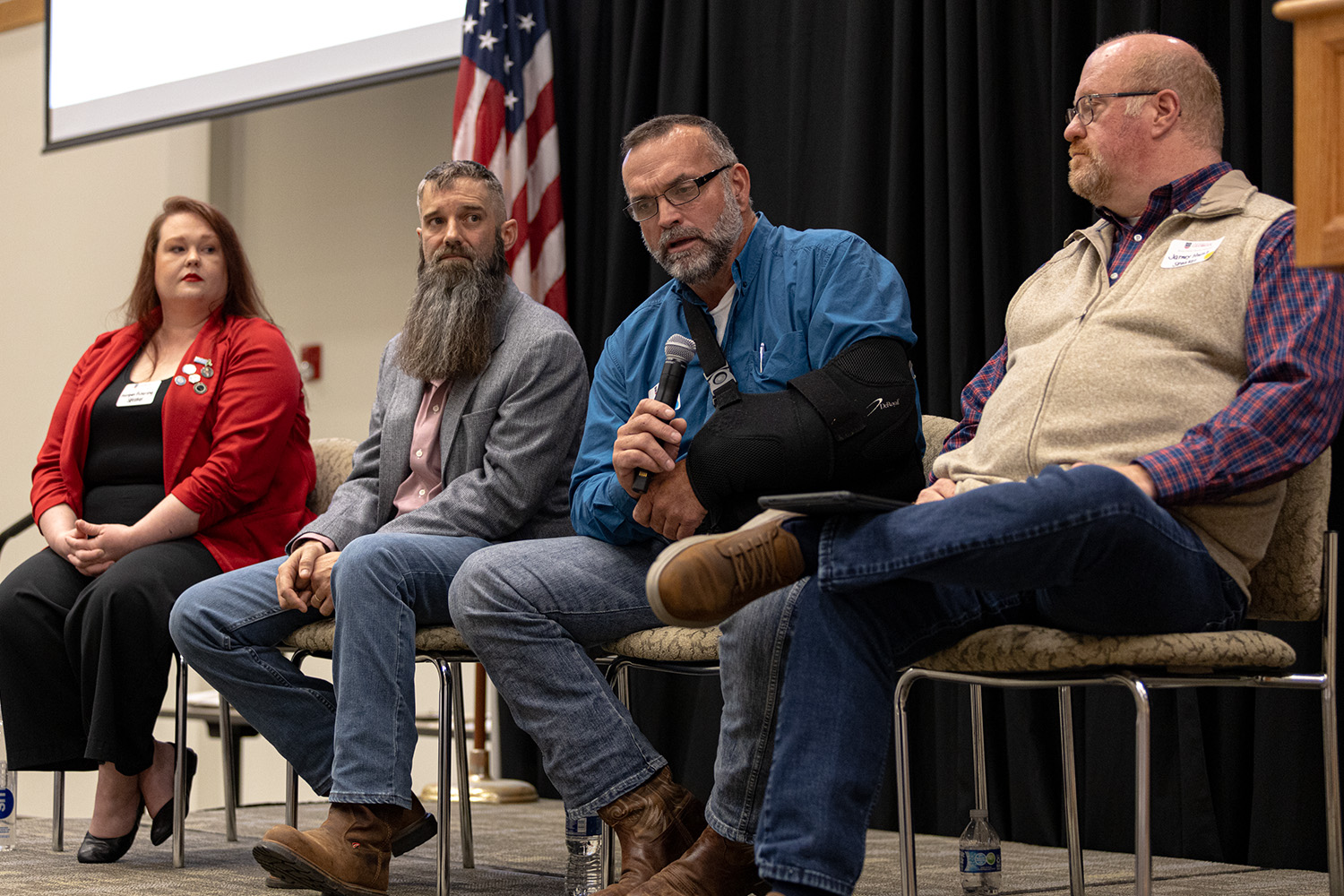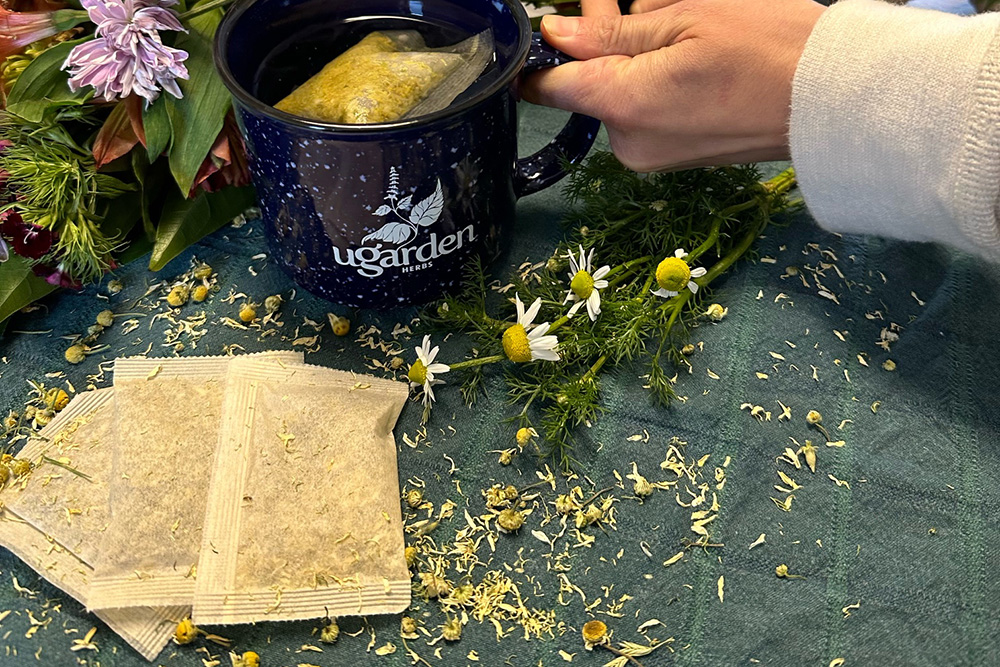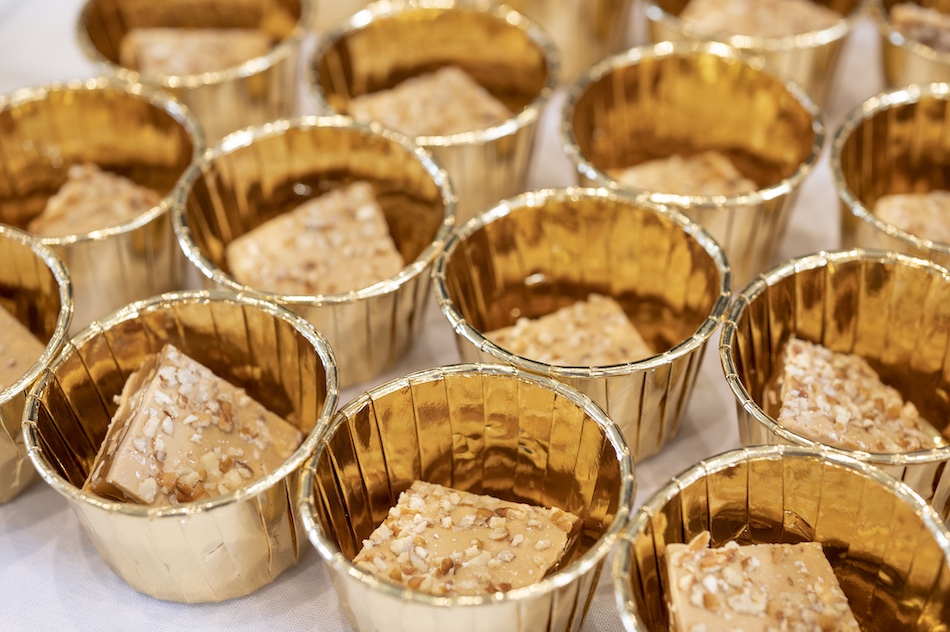The University of Georgia Department of Food Science and Technology’s Kevin Mis Solval and his team of researchers have secured a nearly half-million dollar grant from the U.S. Department of Agriculture's National Institute of Food and Agriculture (NIFA) to aid in creating safe food ingredients from cannonball jellyfish.
Harvested on the southeast coast of the U.S., cannonball jellyfish, commonly called jellyballs, have become a prominent catch for fisheries located within the region, and a way for shrimpers to diversify their catch during the off-season for shrimp. But history has shown that there has never been a domestically sustainable market for jellyfish food products.
“Large amounts of jellyfish are harvested on the coast of Georgia,” said Mis Solval, a food process engineer specializing in developing novel food ingredients in the College of Agricultural and Environmental Sciences. “But what is harvested is sold almost entirely to Asian markets. A big challenge in creating a more domestic industry will be building the demand by creating a product that people can use in their everyday lives.”
Rather than preparing whole jellyfish as snacks or packaged meals — which would require a major investment in large-scale processing facilities and could come across as unappealing — Mis Solval had the innovative idea to engineer dry food ingredients that could be used in several food applications and supplements.
The key element is collagen, a naturally existing protein that is found in high concentration in cannonball jellyfish.
“I was incredibly excited when I found out about the amount of high-quality collagen that is in jellyfish,” said Mis Solval. “One of the most important qualities was that jellyfish collagen is edible and can be used to create a diverse grouping of dry food ingredients like stabilizers and thickeners as well as collagen peptide supplements.”
Jinru Chen, a professor of food microbiology at the UGA Department of Food Science and Technology, and Bryan Fluech and Tori Stivers from UGA Marine Extension and Georgia Sea Grant, a UGA Public Service and Outreach unit, are co-principal investigators on this project, funded by NIFA's Agriculture and Food Research Initiative (AFRI) Foundational and Applied Science Program. The team will identify opportunities to diversify the domestic jellyfish industry and elevate its impact in the seafood business.
Mis Solval’s experience in the food industry and his expertise in engineering novel foods using modern technologies, and UGA Marine Extension and Georgia Sea Grant’s history with the fishing industry in Georgia, created a synergy that made it possible to accomplish common goals, said Fluech, UGA Marine Extension and Georgia Sea Grant associate director.
“Having Kevin as a part of the team as a food engineer is so vital to the entire research effort,” Fluech added.
Creating a domestic market for jellyfish could be a much-needed boost for the Georgia coast, which has had to adapt over time to natural and man-made changes in the fishing industry. One company, Golden Island International, already invested in a processing facility in McIntosh County, where the jellyfish are dried and salted before being shipped to Asia.
“Developing these new methods for harvesting and production will be beneficial for a variety of working parties — particularly plant employees and fishermen,” said Stivers, a seafood specialist with UGA Marine Extension and Georgia Sea Grant. “This will allow seasonal shrimpers and companies to develop more year-round objectives and keep their jobs.”
For domestic companies, it also mitigates their risk by limiting the percentage of revenue that comes from overseas business — a dangerous gamble in cases of trade wars or increased tariffs. Generating a domestic revenue stream is beneficial and allows the seafood industry to capitalize on multiple outlets of income.
For more information about the UGA Department of Food Science and Technology, visit foodscience.uga.edu. Follow new developments from UGA Marine Extension and Georgia Sea Grant at gacoast.uga.edu.

